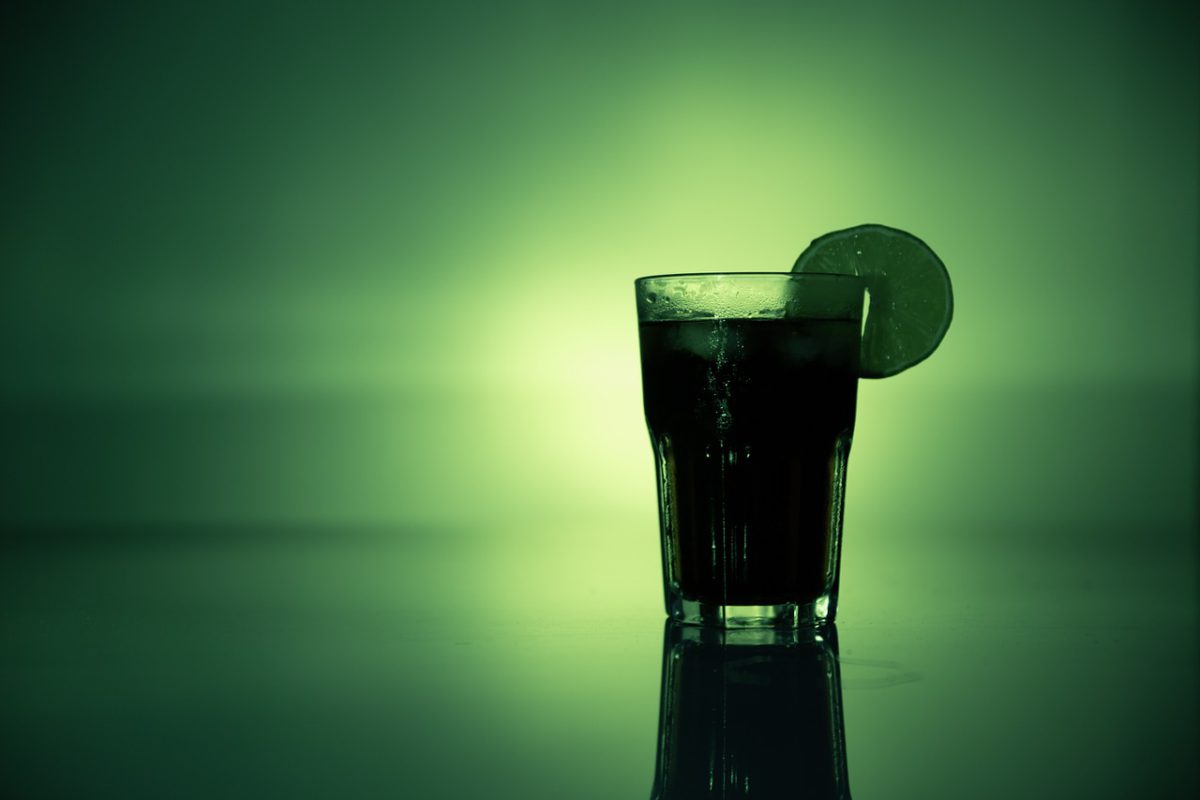
The Ultimate Guide To Minding Your Alcohol Intake On A Night Out
- August 25, 2017
- Gemma Callaghan
What do you think of when you consider university life? The social element, partying and hard nights at the library? Uni days are said to be one of the best times in young people’s life; no strings, no commitments, a time to experiment and meet loads of new friends.
But be warned – with all that partying, there are still some things to think about. Drinking can make people more susceptible to accidents. Blood alcohol concentration (BAC), the amount of alcohol in your breath or blood, is measured in mg of alcohol per 100ml of blood, or mg%. This can be affected by various factors such as; quantity of alcohol, the speed at which you drink, body size, how much you’ve eaten, your gender and even your emotional health.
Want to ensure you have a safe night out? Learn the facts about alcohol.
Don’t drive
Drink-drive accidents still account for 14% of all road deaths in Britain. Between 2010 and 2015 there were 36,900 reported drink-drive accidents and 1,410 reported resultant deaths.
Alcohol compromises your ability to see distant objects, making you drowsy and sometimes causing blurred or double vision. Your concentration will be affected, reaction times slowed and your risk of having a road traffic accident vastly increased.
You need to know the law. In England and Wales, the alcohol limit for drivers is 80 milligrammes of alcohol per 100 millilitres of blood, 35 microgrammes per 100 millilitres of breath or 107 milligrammes per 100 millilitres of urine.
A great way to track your unit intake is by using the drinkaware unit app. You can calculate your units so you ensure you’re never over the limit. Units depend on a variety of factors, but in general 1 unit of alcohol is a standard glass of wine, or pint of beer.
Know what you’re drinking
Keep an eye on what you’re drinking and the percentage of alcohol it contains. This way you’ll be able to manage your units better. Beers can vary greatly in percentages; some can be 3%, a number which jumps to 7% for stronger ales. Be clear about the strength of what you’re having.
Alternate drinks
Ensure you’re alternating water with alcoholic drinks. Water slows alcohol absorption, meaning you won’t get drunk as quickly. Water also helps with hydration and hangovers. Hangovers occur when your brain is starved of oxygen, making you dehydrated; by consuming lots of water on a night out you are decreasing your chances of this occurring.
Watch your drink
Sadly, spiking drinks is common in clubs and bars, so it’s vital to watch your drink to prevent this happening. Never leave your drink unattended on a table or at the bar. If you’re drinking from a bottle, simply cover the top to stop anything happening while you’re not looking.
Heed this advice and you’ll be guaranteed a safe night out on the tiles. And if you do wake up with a hangover, there are plenty of ways to ease your head; soft drinks and bananas have been known to help, as well as painkillers and sleep. Just remember not to take paracetamol; combined with alcohol/a hangover, it’ll do for your liver. Finally, look out for alcohol poisoning and know what to do if you or a friend has overindulged.
Inspiring Interns is a graduate recruitment agency. To browse graduate jobs, visit their site.







